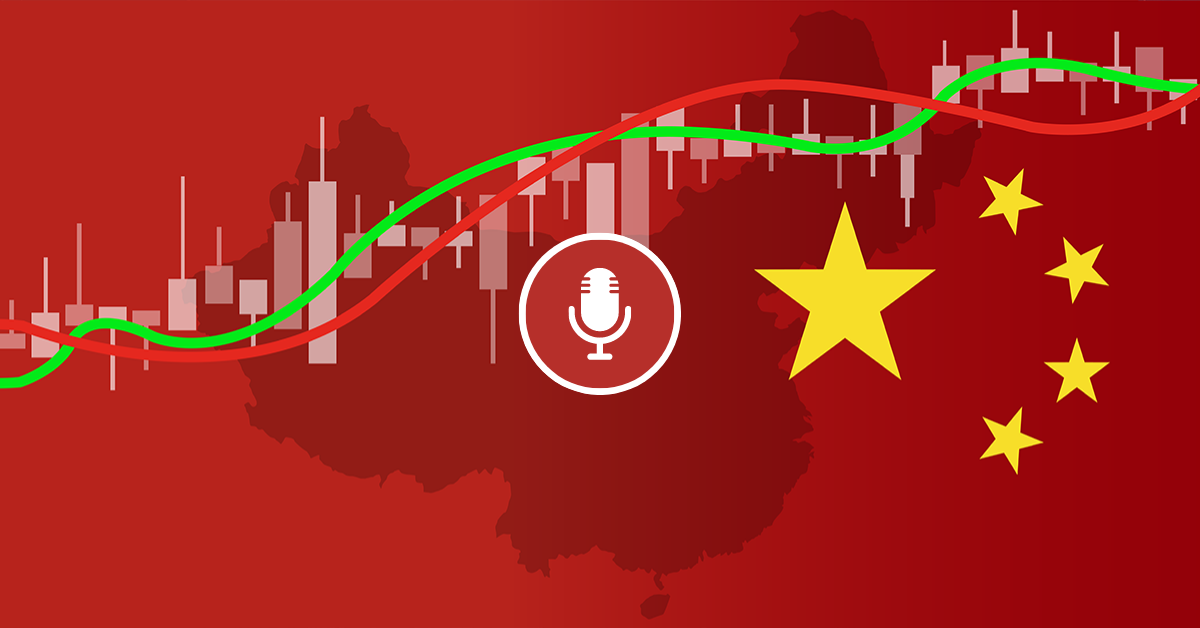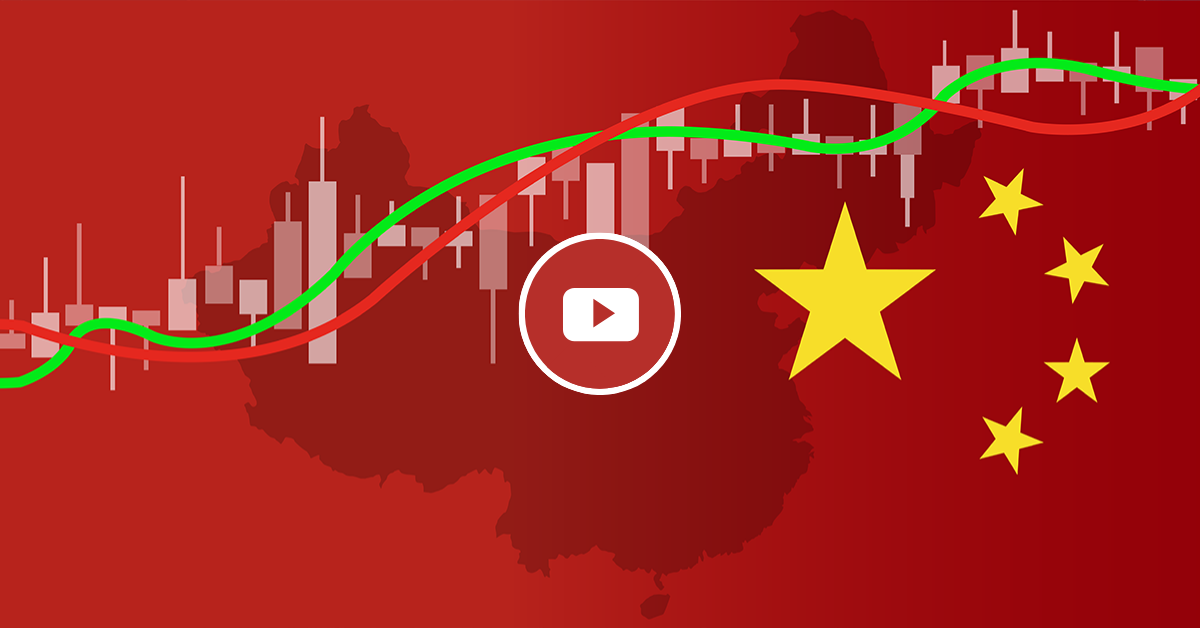Thursday, March 25, 2021 | 4:00 PM EDT - 5:00 PM EDT
Zoom webinar | Leland Miller
Leland Miller of China Beige Book discussed the current state of China’s economy, based on fresh data from the world’s largest private in-country data collection network tracking the Chinese marketplace. The data are gathered from thousands of firms throughout China across various sectors and industries. What does the state of the Chinese economy suggest for effective U.S. policy? What should the United States be looking at as it considers China’s growth, labor, inflation, credit, and banking, among other factors? How should economic policy fit into the larger bilateral relationship? Where is the Biden administration likely to take policy next?
The National Committee held an event on March 25, 2021 with Mr. Leland Miller, where he explored the latest developments in China’s economy and their impact on the Sino-American relationship and Biden administration policy.
Below are the key takeaways from the discussion.
- China Beige Book’s Q1 2021 data continued the same story as 2020: rapid recovery, mainly observed on the supply side, in larger cities, and among larger firms, followed the coronavirus-induced economic contraction, but with less intensity than Beijing claimed. The data reveal month-to-month and quarter-to-quarter recovery, but not year-on-year growth compared to 2019. During the first quarter of 2021, we saw a much healthier and less uneven recovery than in 2020 across tiers, regions, sectors, and firms of various sizes.
- A long-term problem in the Chinese economy is growing local debt, which takes away from productive uses of growth and eventually will lead to a stagnant economy. In the short term, however, we see tentative evidence of deleveraging in the first quarter. SOE data showed the lowest level of borrowing for state firms in the more than ten-year history China Beige Book data collection and for large firms in five years.
- The current weakness of the Chinese economy stems from the Party’s obsession with growth numbers which results in deprioritizing important structural changes such as deleveraging and restructuring SOEs. The Party should focus on building a healthier economy even if that means slower overall growth.
- China’s new five-year plan, the 14th, reflects new priorities based on the idea that China needs to lead the upcoming fifth manufacturing revolution, requiring strong state support for Made in China 2025 sectors. We will see a government hand pushing capital towards advanced manufacturing in sectors such as 5G, AI, quantum, and robotics, and away from other areas.
- Agreements like RCEP will help the Chinese economy only at the margins; the primary importance of such regional agreements is how they assist the Chinese economy in breaking down barriers to innovation.
- China is willing to sacrifice a lot to meet the environmental goals set forth in the 14th five-year plan because environmental concerns have turned into significant social issues. Delivering on environmental goals is crucial for the CCP to maintain its legitimacy.

Leland Miller
Leland Miller is co-founder and CEO of China Beige Book International and a leading authority on China’s economy and financial system. He previously was a capital markets attorney and worked at a major investment bank. He received his law degree from the University of Virginia, master’s degree in Chinese history from Oxford University, and bachelor’s in European history from Washington & Lee University. He also studied Chinese at Tunghai University in Taiwan. Mr. Miller is a frequent television commentator, and is featured regularly in print and online. A member of the National Committee on U.S.-China Relations, Economic Club of New York, and the Council on Foreign Relations, Mr. Miller is a board member of the Global Interdependence Center, and a non-resident senior fellow at the Brent Scowcroft Center on International Security at the Atlantic Council.

